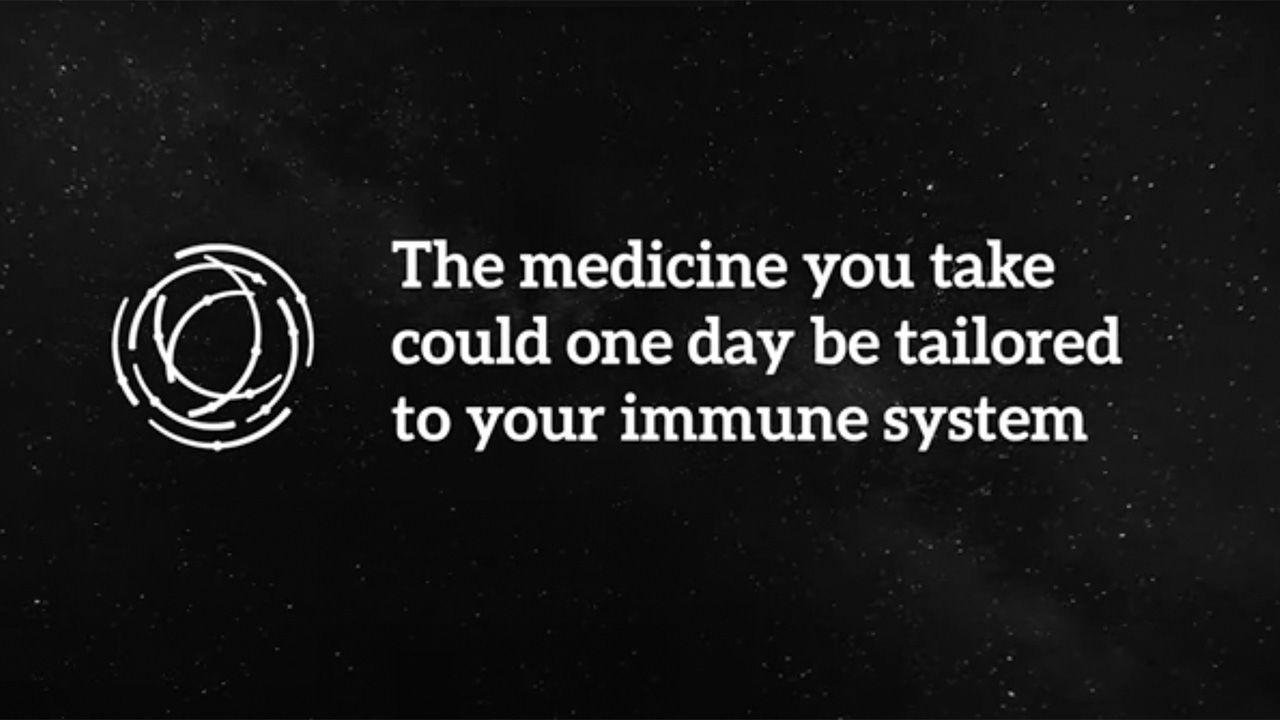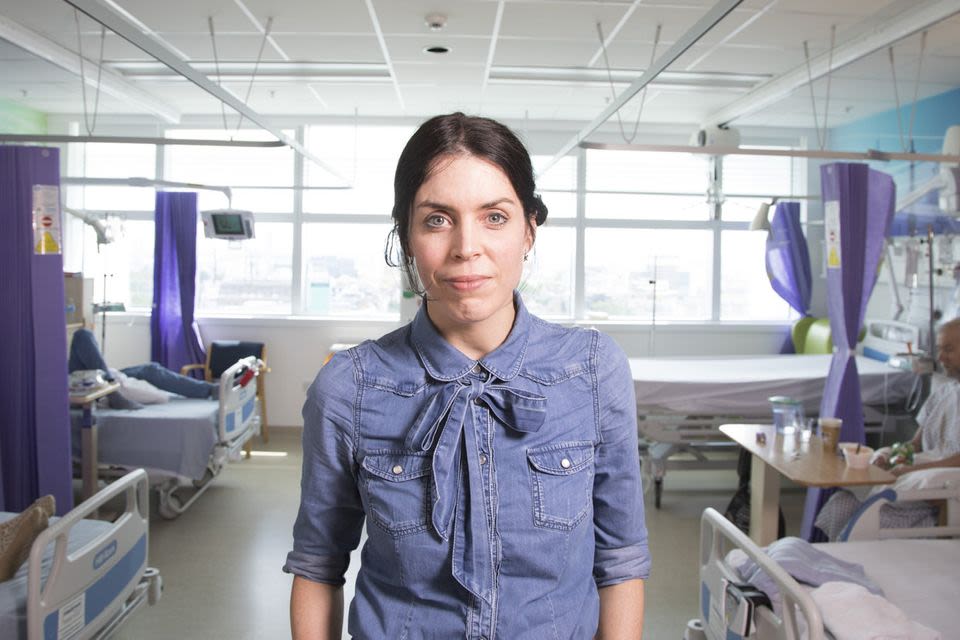Gene editing and the growing synthetic biology field promise to change how we conceive of medical intervention. Instead of fixing things after they have gone wrong, it is now becoming conceivable to prevent diseases before birth or before disease processes manifest.
Associated Sub-Fields:


Engineering the patient’s own cells — through adding or subtracting genes — can restore functions that native mutated cells may have lost. This methodology of using cells that are harvested, edited and then reimplanted into a patient’s own body has been the source of many recent breakthroughs.1 The clinical success of using viral vectors and next-generation gene-editing platforms for editing patient cells directly inside the patient (gene therapy) and editing extracted cells which are then replaced (cell therapy) opens the door to broader applications of cell and gene therapies. However, many challenges remain, for example, gene therapy is efficient only in certain areas and organs of the body, and can often be administered only once, due to the body’s natural immune response to the viral-vector delivery system that is used to carry the DNA to the cells.
Another challenge facing therapeutics are bacterial and fungal pathogens, which are rapidly becoming resistant to existing interventions. The World Health Organization estimates that by 2050 10 million people will die each year due to antibiotic resistance.2
However, the Identification of potential new classes of drugs is being vastly accelerated owing to recent and multiplying advances in artificial intelligence. Better datasets and better ways of mining them sets are set to improve alongside AI tools. Metagenomics is yielding new discoveries as well, not only identifying new tricks from existing genomes but also harvesting strategies from prehistoric species.
Today’s cutting-edge gene and cell therapies are united in being highly personalised, which accounts for the tremendous price tag they carry. Bringing down those costs is the only way to democratise these treatments, which will require economies of scale and generalisation.
KEY TAKEAWAYS
Genetic and synthetic-biology approaches are changing our approach to disease treatment and prevention by providing tools that can operate at both the symptom level and deeper causal level. Cell and gene therapy will provide lifelong corrections to errant biology as well as fixing defective or missing genes. Research is making progress in understanding the mechanisms behind immune-system regulation and responses, and by Hacking immunity we can not only restore and augment the innate balance of the system when it goes wrong, but also program the system to attack new, precise targets. Developing new Anti-infectives is an urgent goal, given the threat posed by antimicrobial resistance, with several promising routes under investigation, including metagenomics and combinational approaches. All these will be aided by new approaches to Drug discovery which exploit technologies such as generative AI and machine learning for protein synthesis and data mining to offer the promise of vastly accelerated and improved pharmaceutical development.
Anticipatory Impact:
Three fundamental questions guide GESDA’s mission and drive its work: Who are we, as humans? How can we all live together? How can we ensure the well-being of humankind and the sustainable future of our planet? We asked researchers from the field to anticipate what impact future breakthroughs could have on each of these dimensions. This wheel summarises their opinions when considering each of these questions, with a higher score indicating high anticipated impact, and vice versa.
- Anticipated impact on who we are as humans
- Anticipated impact on how we will all live together
- Anticipated impact on the well-being of humankind and sustainable future of our planet









